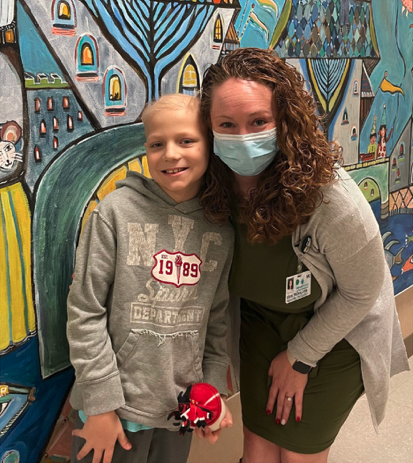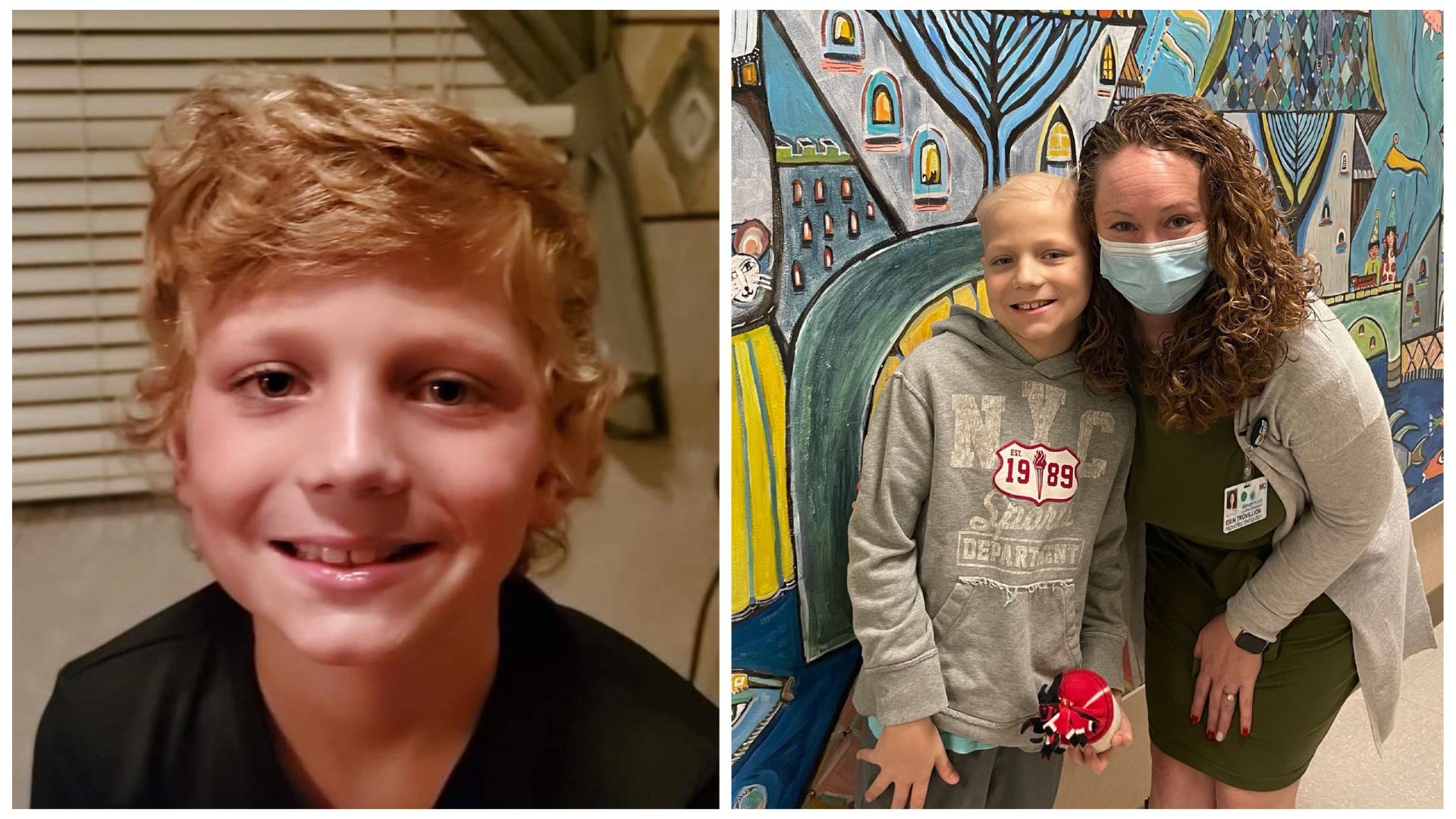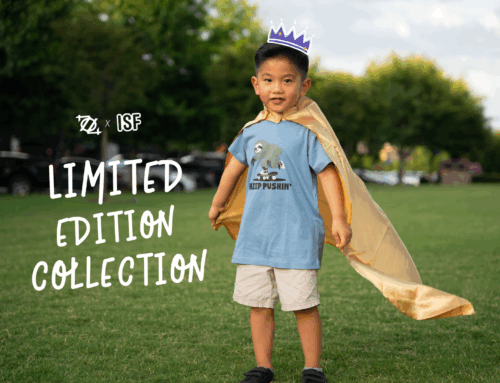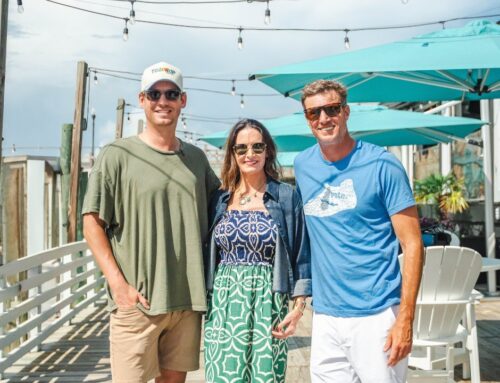
Atrium Health Levine Children’s Enrolls Patient in Innovative Pediatric Oncology Clinical Trial
Atrium Health Levine Children’s Enrolls Patient in Innovative Pediatric Oncology Clinical Trial

CHARLOTTE, N.C., January 11, 2022 – Collier Foote, 9-years-old, was diagnosed with stage 4 neuroblastoma at just 5-years-old. He has spent the past four years undergoing intense treatments, but despite several rounds of chemotherapy, radiation and experimental therapies, his tumor continued to return.
After seeking treatment at several facilities across many states, Collier and his mother, Kayla, learned about a new clinical trial for patients with rare childhood cancers, including diffuse intrinsic pontine glioma (DIPG) and recurrent neuroblastoma. The trial, led by pediatric oncology teams at the University of Florida and Atrium Health Levine Children’s, tests an innovative combination of molecular-guided therapy and personalized immunotherapy. The treatments use the unique genetic information of an individual child’s cancer to design a three-pronged approach: a specifically tailored drug treatment, a cancer vaccine containing dendritic cells and adoptive T cell therapy.
Adoptive T cell therapy, a form of immunotherapy, is a treatment that harnesses the power of a person’s own immune system to fight cancer. The process involves taking T cells (a type of immune cell) from the patient’s own tumor tissue or blood, grown, or changed in the lab and then given back to the patient to help the body fight the disease.
In December 2021, Collier received his first dose of personalized medicine. Collier and Kayla, who live in Alabama, will travel to Atrium Health Levine Children’s Hospital in February 2022 for Collier to receive his personalized vaccine.
The clinical trial, with support led by the Caroline’s PEACH Foundation and Beat Childhood Cancer Foundation, is headed by study chairs Duane Mitchell, M.D., Ph.D., co-director of UF’s Preston A. Wells Jr. Center for Brain Tumor Therapy, and Giselle Saulnier Sholler, M.D., director of the Isabella Santos Foundation Rare and Solid Tumor Program at Atrium Health Levine Children’s. Sholler is also chair of the Beat Childhood Cancer Consortium, a research consortium of more than 55 universities and children’s hospitals that will facilitate the new clinical trial. Additional support is being provided by the Isabella Santos Foundation, Milan’s Miracle Fund, Brooke’s Blossoming Hope for Childhood Cancer Foundation, Alex Mandarino Foundationand the Heineman-Robicsek Foundation.
Michael Kanis, co-founder with his wife, Tina, of Caroline’s PEACH Foundation, said, “Our lives were forever changed on the day our daughter Caroline — who was sweet as a peach — was diagnosed with an aggressive brainstem tumor. Since her passing, each day we continue to live by Caroline’s words, ‘We must never be angry, and we must never have regrets.’ We are excited to launch our next chapter in Caroline’s PEACH Foundation by partnering with Atrium Health’s Levine Children’s Hospital and the University of Florida to offer world-class care opportunities and hope to families battling cancer.”
The trial is designed to enroll 12 patients ages 30 and younger in each group, with Mitchell leading the DIPG segment and Sholler leading the neuroblastoma segment. Mitchell noted it will be the first time testing their lab’s immunotherapy protocol in patients who have cancers outside of the brain.
“The PEACH Protocol brings together personalized medicine and personalized immunotherapy in a unique clinical trial for children,” Mitchell said. “We’re excited to bring forward a new approach to treating these aggressive pediatric tumors using genetic analysis to design personalized combination drug treatments and to induce an immune response tailored against a child’s own tumor.”
Sholler said the trial will advance the understanding of genomic alterations and the role they play in a patient’s tumor. “This will allow us to focus on treating these changes with targeted drugs as well as by activating the patient’s own immune system. This research will help to take the first step in this novel approach to fighting two of our more challenging cancers in children.”[/av_textblock]




